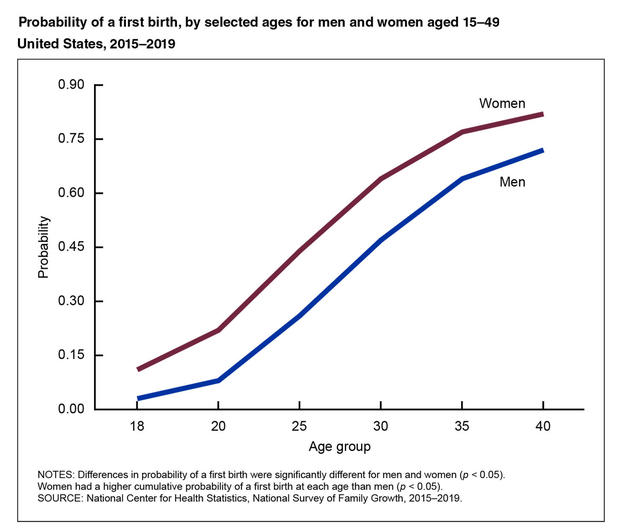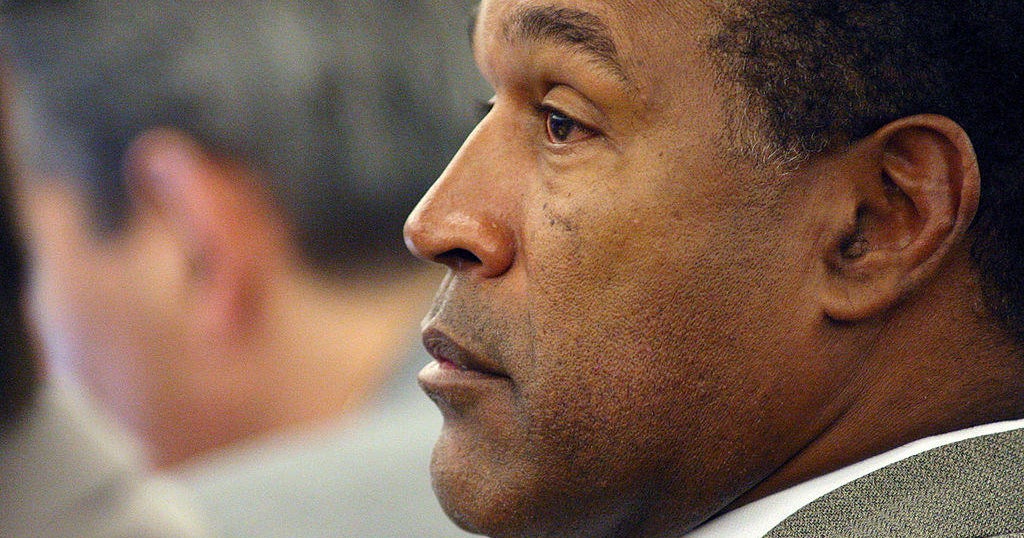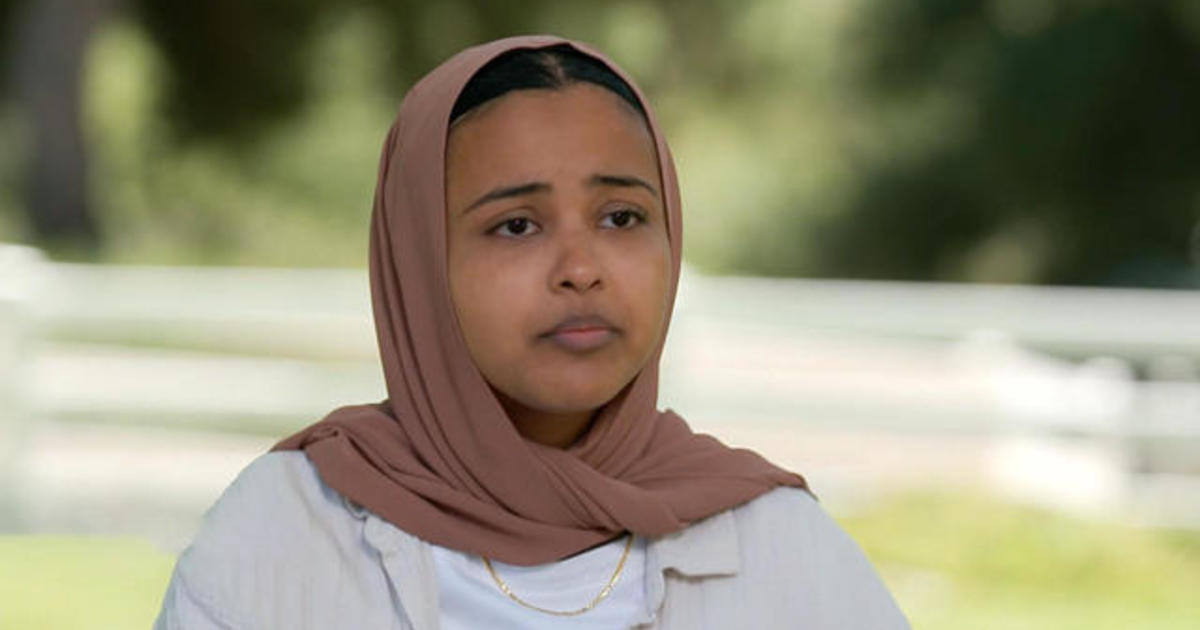U.S. birth rates drop as women wait to have babies
American women are having fewer babies, and they're having them later in life, government figures released Tuesday show. Data collected by the National Center for Health Statistics — the Centers for Disease Control and Prevention's statistic arm — showed a sharp decline in fertility rates in recent years, with most women having an average of 1.3 babies and an increasing percentage giving birth at age 35 or older.
"During the last decade, we have seen a huge shift in when and how women give birth," Alison Gemmill, an assistant professor at Johns Hopkins Bloomberg School of Public Health who researches demographics and fertility, told CBS News.
According to the report, from 2015-2019, 56.7% of women aged 15-49 have had at least one child. As of 2019, the most recent year included, birth rates have generally continued to increase for women aged 35–39, according to the CDC data. Birth rates also increased for women in their 40s from 1985 to 2019, data show.
But, Gemmill said, this isn't necessarily a bad trend.
Simply put, most women are just waiting until they feel they are ready. Reasons for the delay are varied, the report found, and include the pursuit of higher education, increased labor force participation, changes in familial values, relationship instability and financial considerations. The research has also shown that women who wait tend to be in a better position economically and in more stable home environments. Almost half the women who gave birth at age 30 or older had a college education.
"The big question we should be asking is, are women that wait going to be able to have the babies they want?" said Gemmill.
There's also been a continued trend toward Americans having children outside of marriage, the report found. Almost half (47.2%) of first births from 2015-2019 happened outside of marriage, but the number decreased if the mother had received some form of higher education.
Another report finding showed that teen pregnancy has plummeted, with researchers reporting a record-low birth rate in 2019 for teenagers aged 15–19.
As for men, while the average age for first-time fathers has been higher than the average age for first-time mothers since the CDC began collecting data, Tuesday's report found that men are also now waiting even longer. From 2011-2014, the mean age for first-time fathers was 25.5. Over the next five years, it increased to 26.4.
But the drops in birth rates have prompted concerns about negative consequences for the tax base and workers in an aging American society.
"We need to have a long-term stable workforce to sustain our economy," said Dr. John Rowe, a professor at Columbia University specializing in aging health policy and management. Policy shifts on immigration and technology and changes in work and retirement requirements to permit individuals to stay productive in the labor force for longer periods could all help mitigate the effect on the economy, Rowe said.




